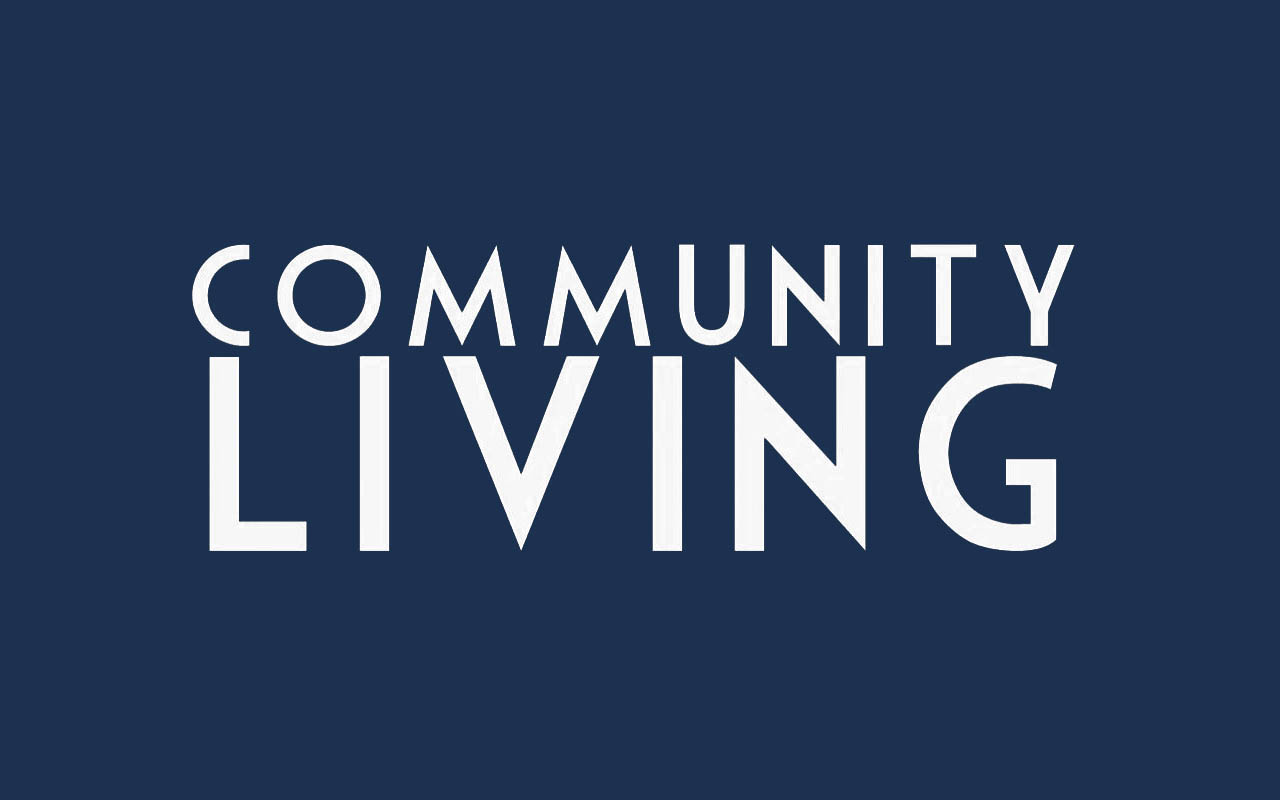Research aims to fill the gaps in evidence on the shared lives scheme, and research on menopause collects evidence from women rather than carers and others around them.
A model of community life
Brookes N, Palmer S, Collins G, Callaghan L. Supporting people to live well: a multimethod study of shared lives (adult placement). British Journal of Learning Disabilities. 16 September 2023.
Learning disabled adults need more opportunities to make choices about where they live.
This paper refers to the 2015 action plan from the Local Government Association, the Association of Directors of Adult Social Services and NHS England, Building the Right Support. This noted a shift away from residential care towards commissioning “supported living arrangements within the community”.
The article focuses on the shared lives scheme and aims to fill gaps in evidence on supported living.
Shared lives involves paid, trained carers sharing their homes in the community with a learning disabled adult.
The study was guided by an advisory group involving users and carers and used both quantitative and qualitative methods.
Shared lives consistently performs well when assessed by regulator the Care Quality Commission. People expressed positive feelings at being part of a family and having their individual needs considered. The authors note the process of matching people is thoughtful.
The findings indicate that the model does support people to live well, with the social and community aspects of the scheme being the most positive experience.
Shared lives offers an alternative to residential care as well as greater choice to adults with learning disabilities.
Menopausal experiences
Langer-Shapland K, Minton S J, Richards N. “It should be more outspoken and not hushed away, not like put in a dark box”: an interpretative phenomenological analysis of experiences of menopause voiced by women with learning disabilities. British Journal of Learning Disabilities. 9 March 2023.
There is a lack of attention paid to the menopause and reproductive health of learning disabled women, according to the authors of this paper.
They add that sociodemographic variables and emotional intelligence are useful in predicting menopausal symptoms. As having a learning disability influences both, “menopause research with the general population may not be transferable”.
This is further impacted by learning disabled women experiencing discrimination due to not being “accepted as adults with sexual or reproductive identities”; the authors quote from a book by University of Kent professor Michelle McCarthy, Sexuality and Women with Learning Disabilities.
Timings of menopause may be different with certain women, such as those with Down syndrome, experiencing an early onset.
While menopausal symptoms may be similar across the female population, experiences may not be, hence the need for research specific to women with learning disabilities.
Semi-structured interviews were conducted with five learning disabled women who had experienced menopause.
There is discrimination due to not being seen as having sexual or reproductive identities
The authors wanted to bring in women’s voices as previous research had relied on the perspectives of carers, professionals or advocates.
While all participants opted to have a companion in the room, questions were directed to them. This inclusive approach also used accessible information, building a rapport before meeting and conducting interviews in the participants’ own homes.
The findings highlight the considerable problems in managing menopause and the importance of education for clinicians.
The authors identify the need for female carers and for clinicians to be active in starting conversations about menopause and its management, with a focus on social connections.




